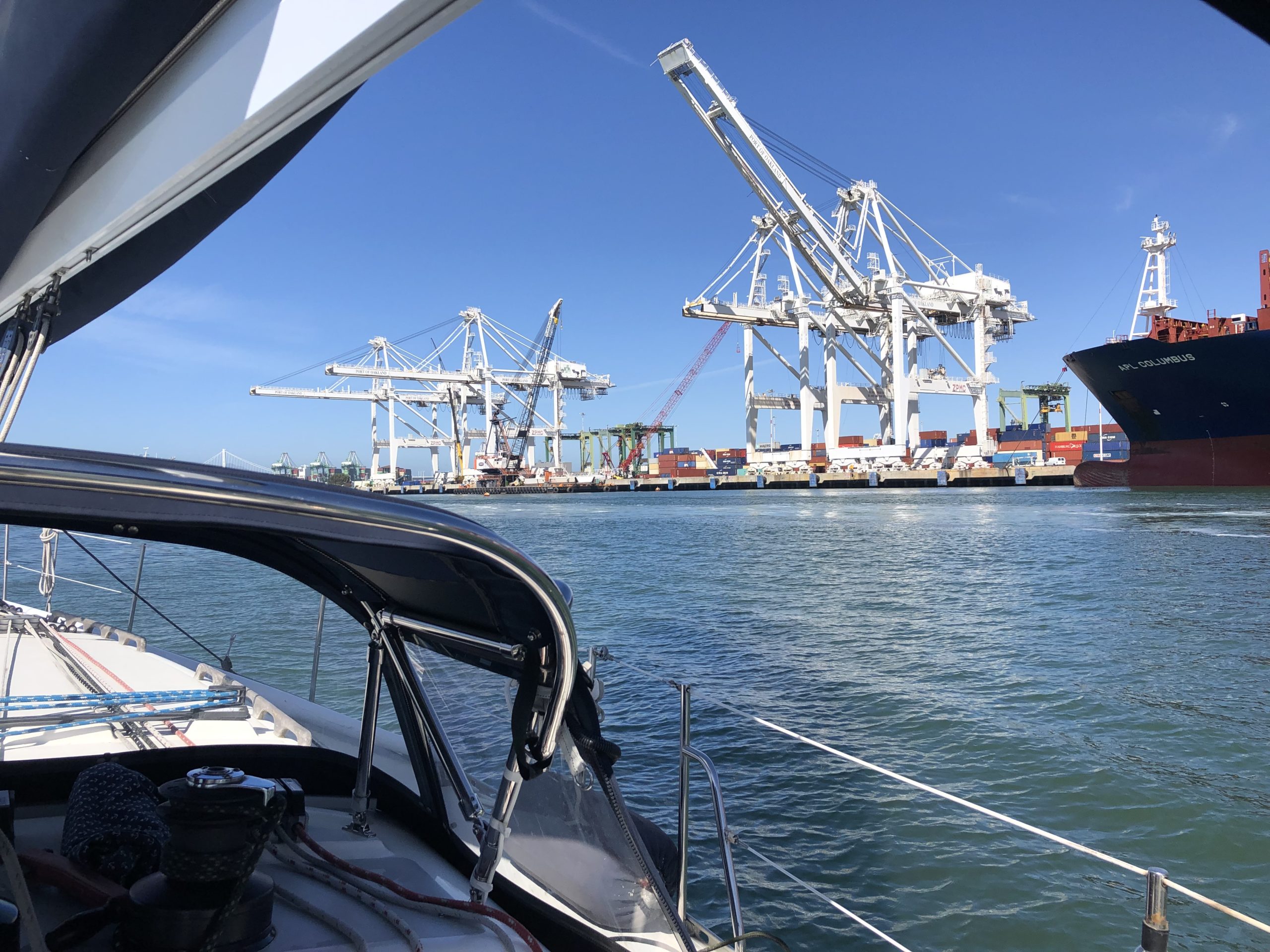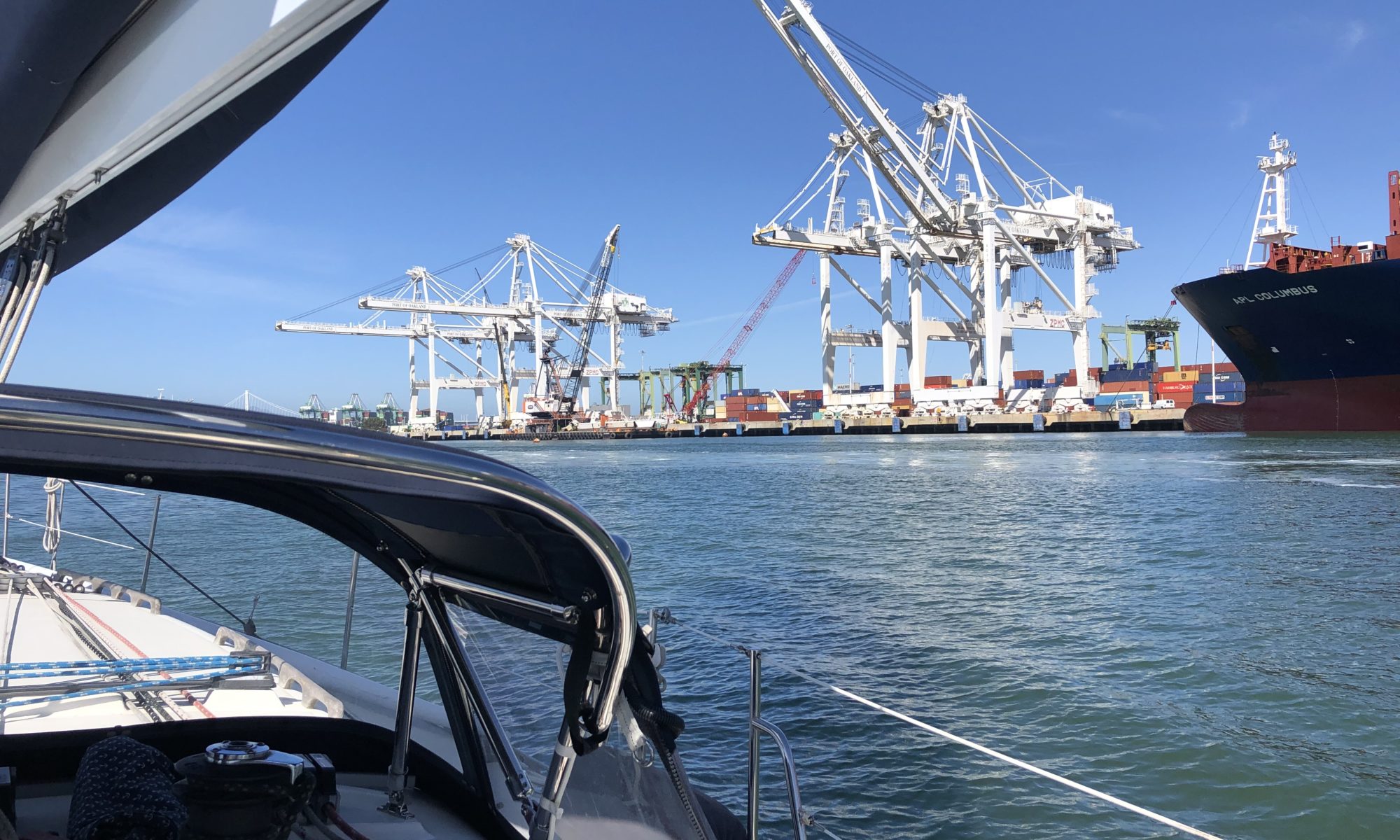The semiconductor shortage has really caught the world’s attention. Friends and family who don’t really know what a semiconductor is now ask me to explain it. This is great news for the semiconductor industry for different reasons which I will discuss here. We can also discuss the downside risks.
First, let’s look at a bit of semiconductor history. Malcolm Penn of Future Horizons did his “IFS2021-MT” Mid-Term Semiconductor Industry Update & Forecast” which was definitely worth an hour of my time. Malcolm went through 237 slides in that hour which he shared with me. This one is my favorite:
![]()
I’m a big fan of history, we really need to understand how we got to where we are today to better understand where we will go tomorrow. The takeaway here is that the semiconductor industry has weathered storms like this in the past and will continue to do so in the future. In fact, Malcolm said that this is the 14th such event in his 50 years.
Malcolm joined us for a Semiconductor Insiders Podcast, you should also catch last week’s episode with Wally Rhines. We discuss the history of TSMC and a few other topics including the current semiconductor shortage.
After listening to Malcolm’s take on the semiconductor shortage I took a close look at the supply chain from wafer to packaged parts to finished electronic products. I talked to colleagues and attended multiple calls with industry experts. We do not have a semiconductor manufacturing problem, it’s a supply chain problem and that problem is not limited to semiconductors, it’s hitting many sectors and will continue to do so for many quarters to come.
Bottom line: COVID and climate change have devastated the worldwide supply chain. I mentioned a while back that I noticed a growing number of ships backed up in the San Francisco Bay and out the Golden Gate. The word on the docks is that not only is COVID causing personnel shortages but COVID protocols are killing productivity. The airline industry is facing a different kind of personnel issue. In addition to COVID complications, pilots are aging out and they can’t hire and train replacements fast enough.

Unfortunately, the dominant narrative led by Intel and others, including politicians, is that we need more fabs and those fabs need to be in the country of demand origin. This really started with China a few years ago with the Made in China 2025 strategic plan. As a result, China has bought massive amounts of semiconductor equipment over the past few years. Unfortunately, the majority of this equipment sits idle for the time being. When it does in fact get into high volume production China will become somewhat self sufficient with their massive semiconductor consumption which will add to the coming semiconductor glut, absolutely.
But please do build more fabs all over the world and try to replicate the entire semiconductor supply chain many times over. It will be an exercise in futility but we all need exercise. The end result of course will be a glut and that means lower prices which will bring about a whole new generation of semiconductor products and services. All for the greater good of semiconductors and modern life, I’m looking forward to it!
Share this post via:






Flynn Was Right: How a 2003 Warning Foretold Today’s Architectural Pivot